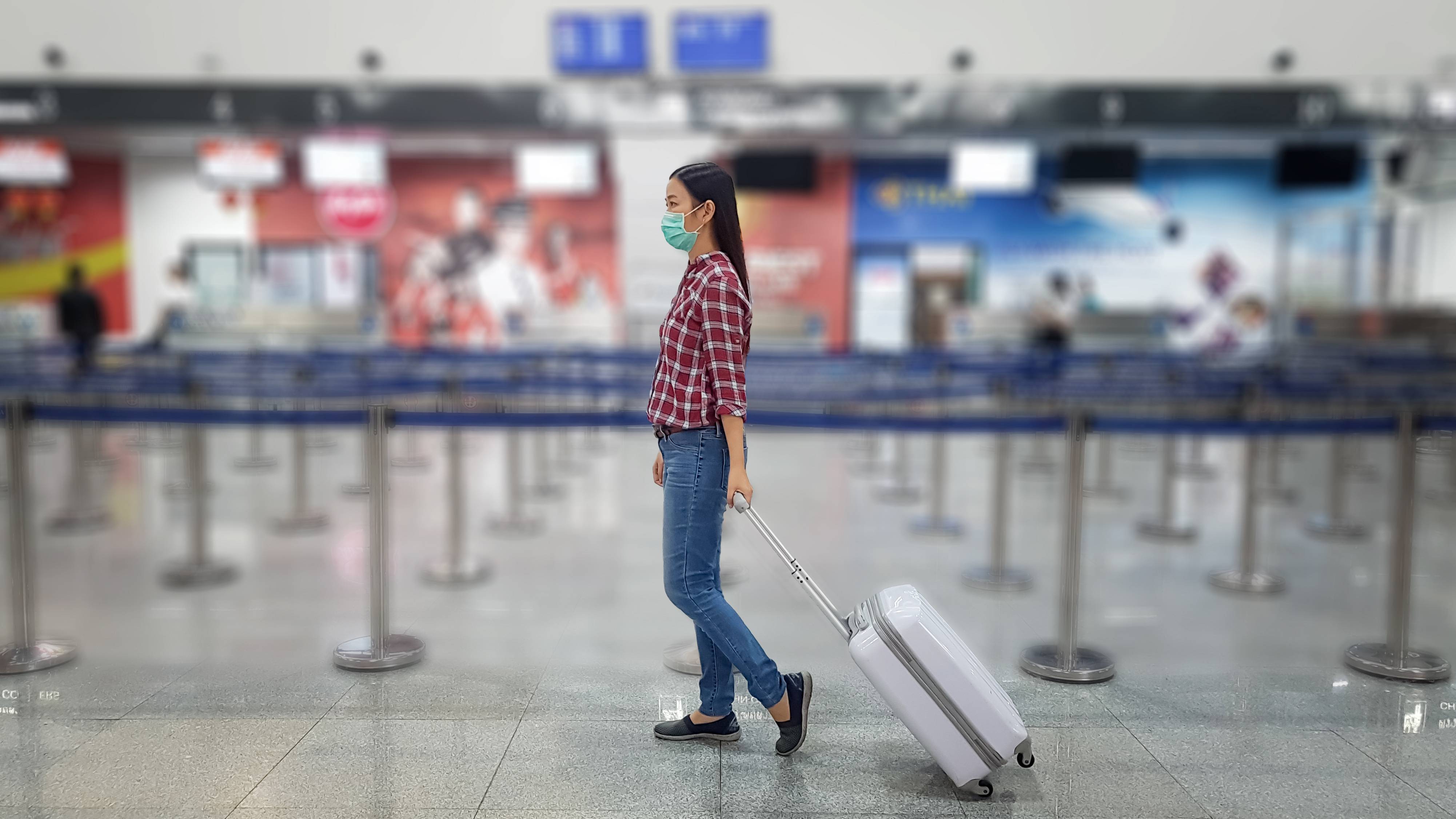With holiday travel season on the horizon, a just-released annual forecast from Dean Headley, co-author of the Airline Quality Rating and associate professor emeritus at Wichita State University, offers new insights into making travel plans in these extraordinary times.
10 Tips for Traveling During a Pandemic
- Airlines don't guarantee their schedules, and you should realize this when planning your trip. Re-check the departure and arrival times of your flights a few days before your trip; schedules sometimes change.
- Using a travel agent can help explore the changing options available. A small fee up front is often worth it when plans go wrong. Having an experienced travel agent on your side can help destress the situation and save the day.
- When selecting a flight, remember that a departure early in the day is less likely to be delayed than a later flight, because of "ripple" effects throughout the day. If you book the last flight of the day, you could get stuck overnight. Allow plenty of time to make connecting flights. Leave extra time between connections if possible, just in case flights are delayed and flight schedules get changed.
- If you have a choice between two connections and the fares and service are equivalent, choose the one with the less-congested connecting airport. This reduces the risk of misconnecting. Also consider potential adverse seasonal weather when choosing a connecting city.
- It's wise to pay for airfare by credit card. It provides certain protections under federal credit regulations. When a refund is due, the airline must forward a credit to your card company within seven business days.
- As soon as you receive your itinerary/confirmation, check to make sure all of the information on it is correct, especially your name, the airports (if any of the cities have more than one) and the flight dates. You will need to show a government-issued photo ID when you fly. It is important that your name as it appears on the ticket is the same as it appears on the ID you will be using.
- Certain items should never be put into a piece of luggage that you plan to check in to the baggage compartment. Small valuables, cash, credit cards, jewelry or an expensive camera should not be placed in checked baggage. Critical items such as medicine, keys, passport, tour vouchers, business papers, manuscripts, heirlooms and fragile items such as eyeglasses, glass containers and liquids should be carried on your person or packed in a carry-on bag. Pack as light as possible. Ship packages or luggage ahead of time so last-minute schedule changes do not put your belongings at risk of being lost. Do not wrap presents before you travel.
- At final check-in, verify that the agent checking your bags attaches a destination tag to each bag. Check to see that these tags show the three-letter code for your destination airport.
- Check in early (as early as 24 hours is allowed online). You can lose your entire reservation if you are not at the gate 10-15 minutes before scheduled departure time on a domestic flight (longer on international flights). If a flight is oversold, the last passengers to check in are the first to be bumped, even if they have met the check-in deadlines.
- For more information about how airlines perform, more travel tips and advice about flyers' rights, go to transportation.gov/airconsumer.


 Courtesy
Courtesy